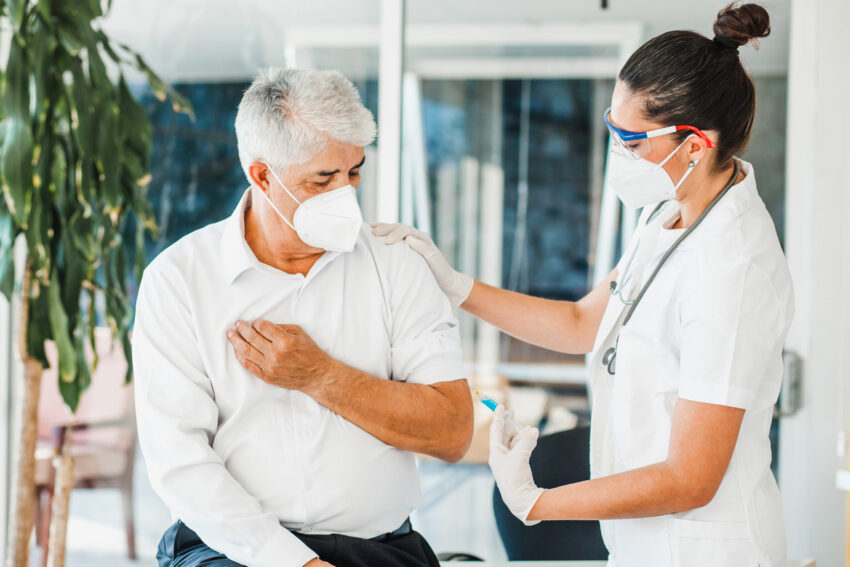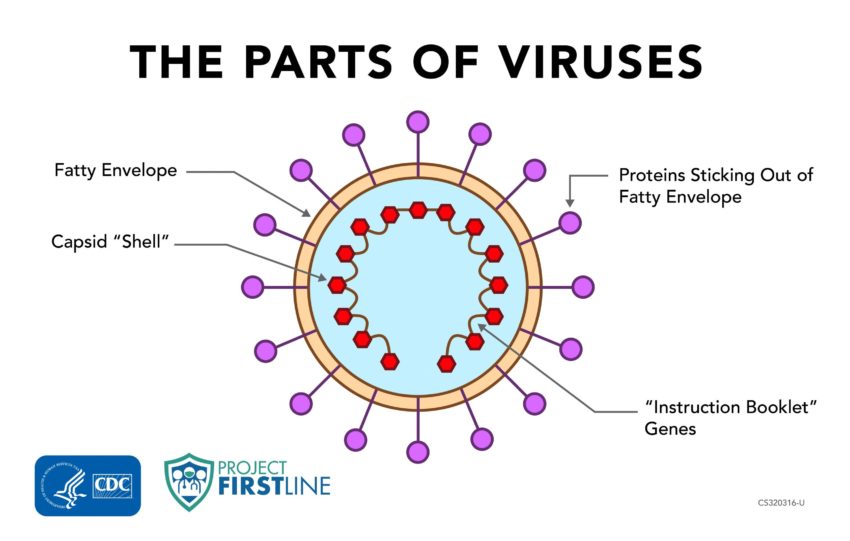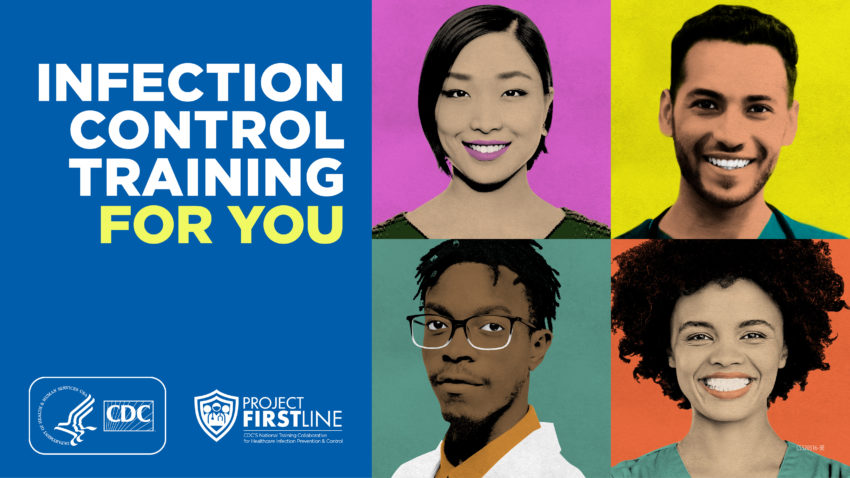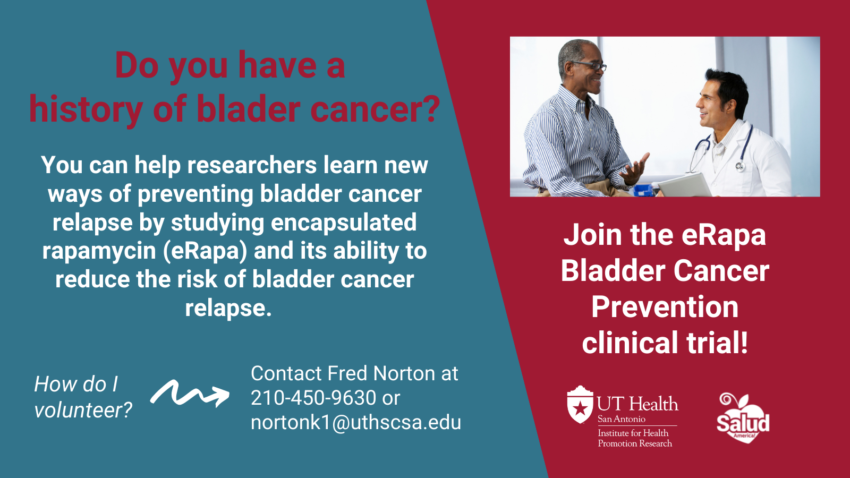‘Forever Chemicals’ and How Researchers are Destroying Them

Some chemicals cause serious harm and just don’t quit. These substances, known as perfluorinated and polyfluorinated alkyl substances (PFAS), can be found in water, cosmetics, food packaging, fire-fighting foam, furniture, and other things that many come into contact with on a regular basis. For years, researchers classified PFAS as permanent, undestroyable. Recent research shows, however, that might not be the case. A study, published in the Journal of Environmental Engineering shows that a technique using water heat and pressure can annihilate 99% of PFAS in water. How does this impact Latinos? Well, one recent National Institute of Environmental Health Sciences study showed that PFAS exposure can increase risk of type 2 diabetes in Latina girls. Therefore, this ...
Read More







